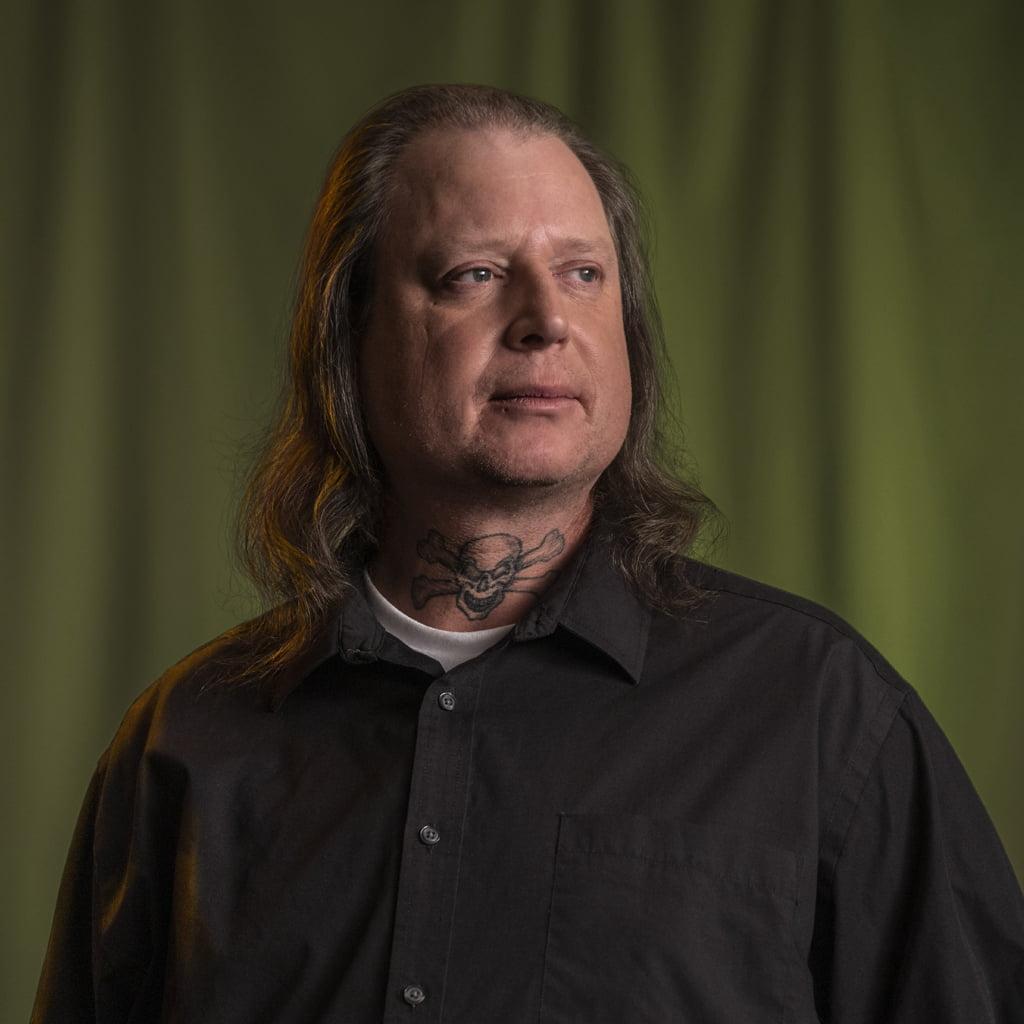
BRYAN | Peer Support Navigator
“Patience can be hard when you have a loved one struggling with addiction. But meeting people where they are at is critical.”
I struggled with heroin addiction for 22 years. Along the way, I overdosed ten times, lost friends, and saved a lot of lives. It’s been a long, challenging journey, but I’ve come out stronger on the other side. Most importantly, as a Peer Support Navigator, I am helping others find recovery and, in some cases, helping them avoid some of the hardships I’ve experienced.
As someone with a lot of experience with overdoses, I have seen firsthand the importance of naloxone. It’s saved my life, and I’ve administered it to save lives. Because it’s effective, risk-free and easy to use, we must try to get this in the hands of everyone.
Medications aren’t the only things that save lives. Our attitudes and language play a huge role as well. It’s essential to avoid stigmatizing terms that leave people feeling hopeless or thinking less of themselves. Tone and presence are important too; remaining calm, understanding and listening more than talking builds trust and leaves the door open for people who may not be ready to take the first step.
Patience can be hard when you have a loved one struggling with addiction. But meeting people where they are at is critical. In my experience, people will get help when they’re ready. You can’t make them quit and you can’t rush them to it.
When someone is deep in their addiction, it can be hard to get through to them. So, it’s best to give them time and be their cheerleader by recognizing all the good things they are doing.